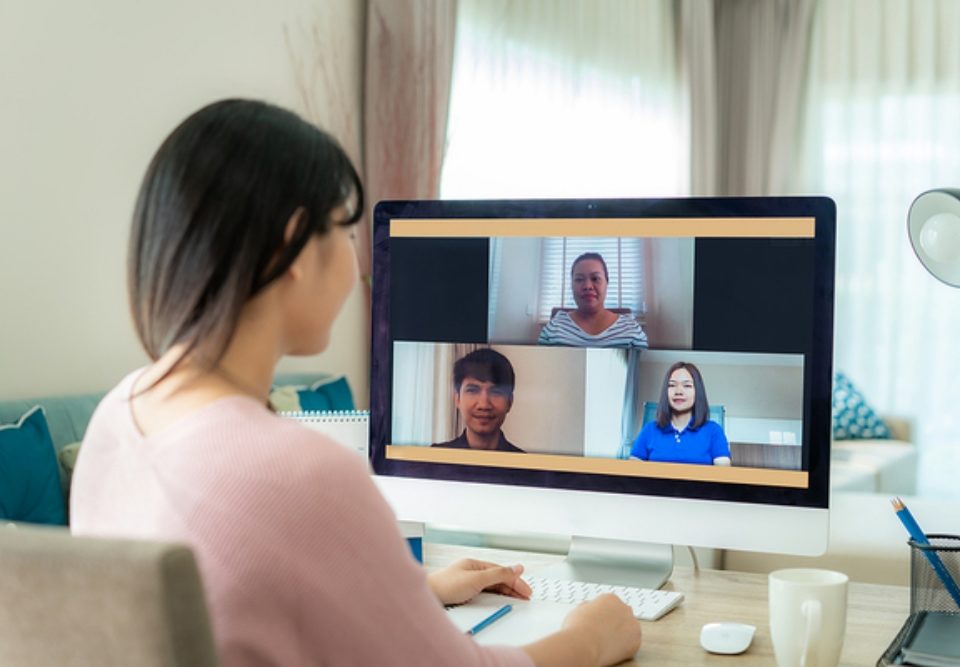Why the Pros of Monitoring Employee Computer Use Outweigh the Cons
May 14, 2018How Employee Monitoring Software Can Actually Benefit Employees
June 6, 2018Is Employee Monitoring Software Legal?
Employee monitoring software can have a number of benefits for your company. It can help shore up your data security and prevent time theft and productivity loss. But all companies have to think about liability, so before you begin installing employee monitoring software, you have to ask an important question: is employee monitoring software legal? It’s a fair question. Data privacy is a thorny subject, and employees may be sensitive about being monitored because they are concerned about their private data. But the good news is that you’re on mostly solid ground when it comes to employee monitoring software. Take a look at what you need to know about the legality of employee monitoring.
Overview
In work spaces, employees have limited rights to privacy, especially when they’re using company-issued devices.
As a general rule, you are mostly within your rights to monitor your employees at work. There are no federal laws prohibiting the practice, as long as you restrict yourself to monitoring work-related tasks and areas and not private places.
State and local laws can vary, so it’s important to look into the laws where your company is located. However, for the most part, state laws are about consent to being monitored. This means that in some states or local areas, you may need to inform your employees that they’re going to be monitored before installing any monitoring devices or software. Even if your local area does not require this step, it’s often a good idea to talk to your employees in advance anyway.
Exceptions
There are some exceptions to the rules. You’re allowed to monitor work-related tasks in work areas, so you can install software on employee devices or cameras in the office. However, in areas where work isn’t expected to take place, like an employee break room, you may not be allowed to record.
It should go without saying, but you also can’t monitor places where employees have a right to expect privacy, such as bathrooms or locker rooms, and you can face fines and other penalties for doing so. Monitoring phone calls can be tricky – you’re allowed to monitor business-related phone calls for quality assurance, but not personal calls. And when it comes to installing monitoring software on phones, computers, and other devices, while you’re perfectly within your rights to install them on company devices, installing this software on employee’s personal devices is more of a gray area. Your best bet is to issue your employees company devices to use for work purposes so that you don’t accidentally end up monitoring personal activities.
Talking to Your Employees
Giving your employees a heads-up on your monitoring plans is just good management.
While it’s fair for you to want to monitor your employees to check for quality and ensure that work is being done properly, employees don’t like to feel spied on or mistrusted. Your best bet is to address this head-on with your employees.
If you’re planning to implement employee monitoring, let your employees know up front. Make them aware that you’ve researched the laws and that your monitoring will be restricted to what’s legally allowed. Let them know that this isn’t a plan to catch them in the act – you’re just trying to make sure that work is being done and is up to the standards you expect. Being upfront and honest with your employees will prevent a lot of unnecessary upset.
Employee monitoring software is legal when handled correctly and potentially beneficial to your business. To find out more about how employee monitoring software can work for you, Start your free 7-day trial.



